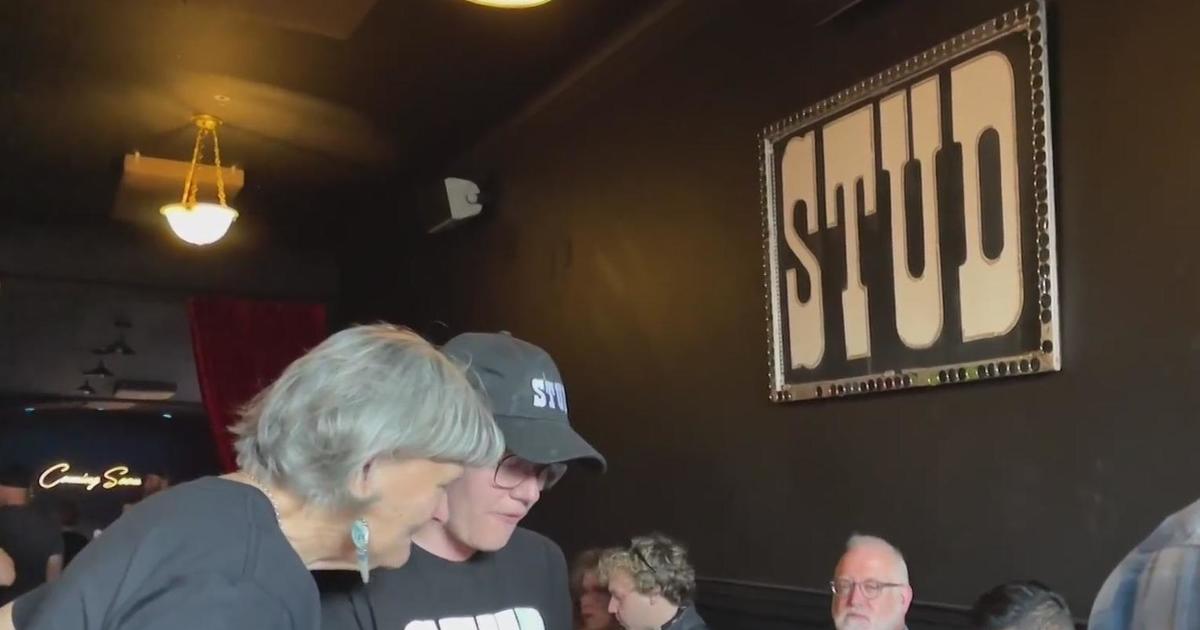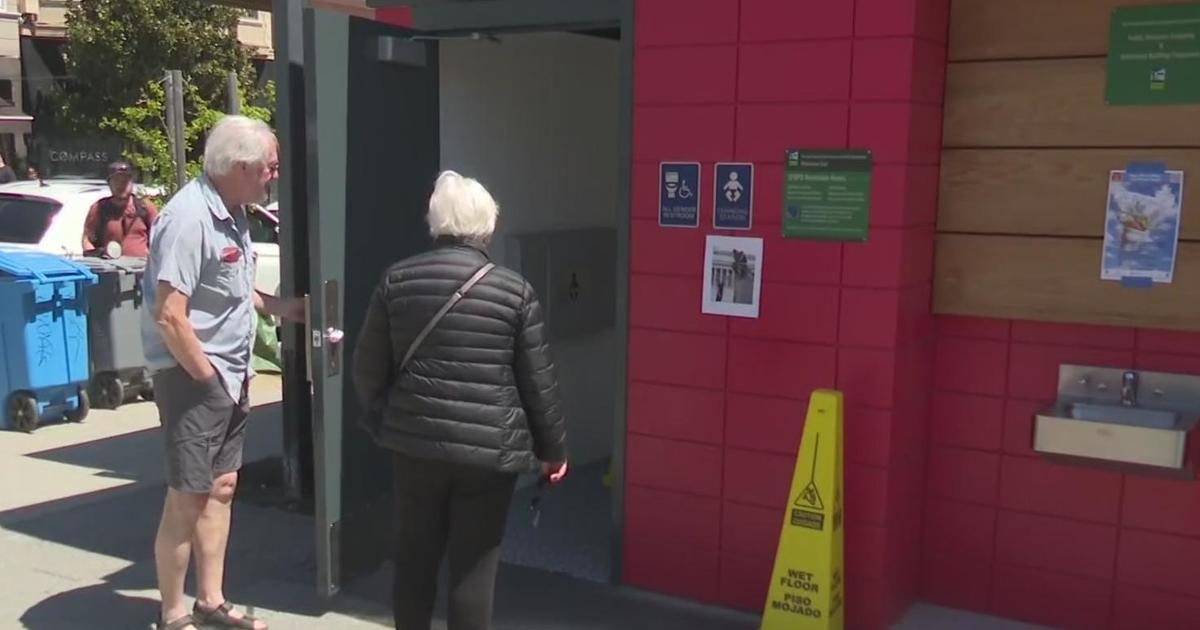New Study Shows Source Of Micro Plastics That End Up In San Francisco Bay
BERKELEY (KPIX 5) -- According to scientists, trillions of pieces of micro plastic end up in San Francisco Bay every year, and some of those pollutants could be coming from your car.
While the Bay is much cleaner than it used to be, a new study indicates there is a lot more plastic in the water than meets the eye.
Three years and $1 million later, the San Francisco Estuary Institute and the environmental think tank 5 Gyres Institute, completed a study they say indicates upwards of 7 trillion pieces of micro plastic enter the Bay every year from rain water runoff .
The study claims more than half of that plastic is from a surprising source.
"Almost half the particles were these teeny, tiny black rubbery particles. We analyzed a few of them with a special technique to show that they are tire tread rubber," said Dr. Rebecca Sutton, a senior scientist with the San Francisco Estuary Institute.
The tire dust coming off cars may be polluting the Bay every time commuters go to the store, pick up the kids or go to work says Jared Blumenfeld, Secretary with the California E.P.A.
"So, you just think about tires. You're driving along and when your tires get bald, where did all that tire dust go to? It goes up into the air and gets blown into the bay," said Blumenfeld.
Of course, there are lots of other sources of plastic too; tiny pieces of everything plastic you can imagine.
When asked what local residents could do to reduce the amount that ends up in the Bay, Science Program Director Carolynn Box replied, "Reduce single use plastics and plastic packaging. Which is a very difficult task, because everywhere you look, there are plastics."
Inside the David Brower Center in downtown Berkeley, the study results are being shared with an invitation only audience of scientists, policy makers and researchers. They are exploring ways to craft ideas and methods to address the problem of micro plastics.
Outside, people on the street are hoping the professionals come up with some ideas.
"I'm not a scientist. I'm not sure, but they should be able to figure it out. That's their job," said one man.
Experts say more research may be needed.



